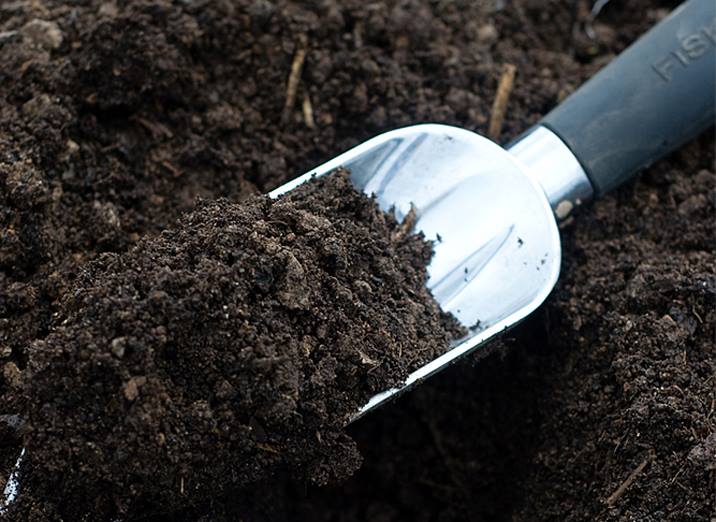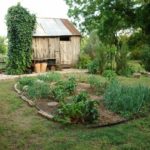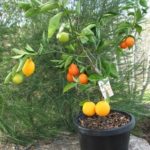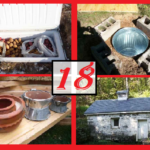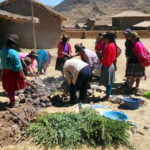Healthy Garden Soil
If you are starting a new vegetable garden, or already have an established garden, you may wonder what the best soil for growing vegetables is. Things like the right amendments and the right soil pH for vegetables can help your vegetable garden grow much better.
In general, the ground for your vegetable garden should be well draining and loose. It should not be too heavy (i.e., …clay) or too sandy.
Before getting your land ready for vegetables, you should have your soil tested at your local extension service to see if there is something your plot is lacking in from the lists below.
ORGANIC MATERIAL – All vegetables need a healthy amount of organic material in the soil they grow in. Organic material serves many purposes. Most importantly, it provides many of the nutrients that plants need to grow and thrive. Secondly, organic material “softens” the dirt and makes it so that the roots can more easily spread. Organic material also acts like small sponges and allows the soil in your vegetable to retain water.
Organic material usually comes from either a compost or well-rotted manure, or combination of both.
NITROGEN, PHOSPHORUS, AND POTASSIUM – When it comes to soil preparation for vegetable garden, these three nutrients are the basic nutrients that all plants need. They are also known together as N-P-K and are the numbers you see on a bag of fertilizer (e.g., 10-10-10). While organic material does provide these nutrients, you may have to adjust them individually depending on your individual soil. This can be done with Organic fertilizers.
To add NITROGEN, either use a fertilizer with a higher first number (e.g., 10-2-2) or an Organic amendment like manure or nitrogen fixing plants.
To add PHOSPHORUS, use either a fertilizer with a high second number (e.g., 2-10-2) or an Organic amendment like bone meal or rock phosphate.
To add POTASSIUM, use a fertilizer that has a high last number (e.g., 2-2-10) or an Organic amendment like potash, wood ash or green sand.
Trace nutrients – Vegetables also need a wide variety of trace minerals and nutrients to grow well. These include:
Boron
Copper
Iron
Chloride
Manganese
Calcium
Molybdenum
Zinc
SOIL PH–While exact pH requirements for vegetables vary, the soil in a vegetable garden should fall somewhere be 6 and 7. If your vegetable garden soil tests above that, you will need to lower the pH of the soil. If the soil in your vegetable garden tests lower than 6, you will need to raise the pH of your vegetable garden soil.
Once you have your SOIL ready, you will need some HEIRLOOM SEEDS for your garden.
For your heirloom seeds see the link below
Source Danny Look
 This is an aggregated site. Please be aware some of the sites we link to could have pop ups. We have no control over them. However, we will never link you to a site that requires you to make any purchase to view the blog.
This is an aggregated site. Please be aware some of the sites we link to could have pop ups. We have no control over them. However, we will never link you to a site that requires you to make any purchase to view the blog.
Please read our disclaimer. We provide you with information from various sites all over the world. The author’s expressed opinion isn’t necessarily that of The Prepared Page or its staff. Our intent is to bring you the information. Use your and your own best judgment when using any information contained within the blogs.
While you’re here check out some of the other posts you may find them interesting!!!
Some posts may contain affiliate links.

